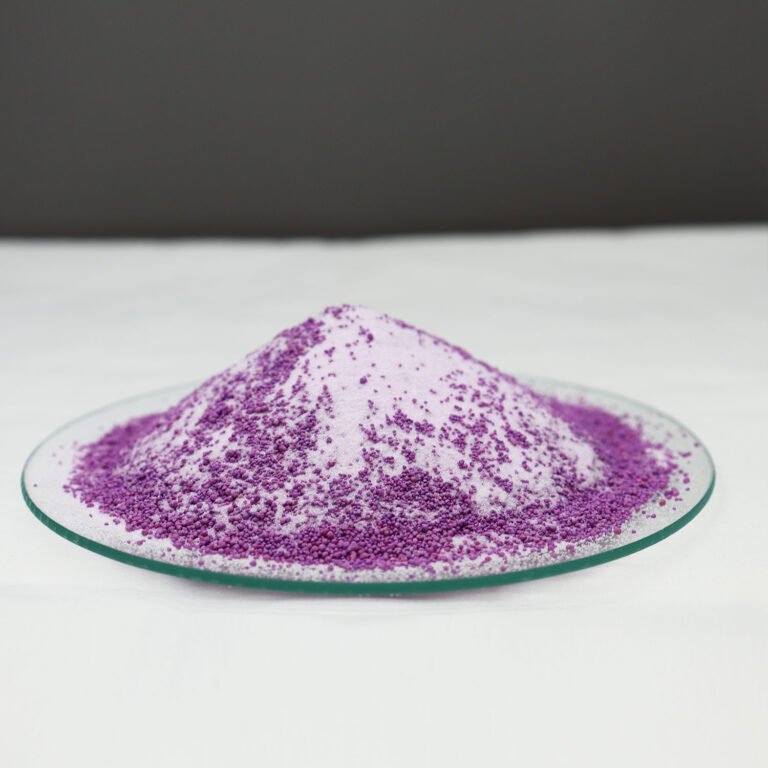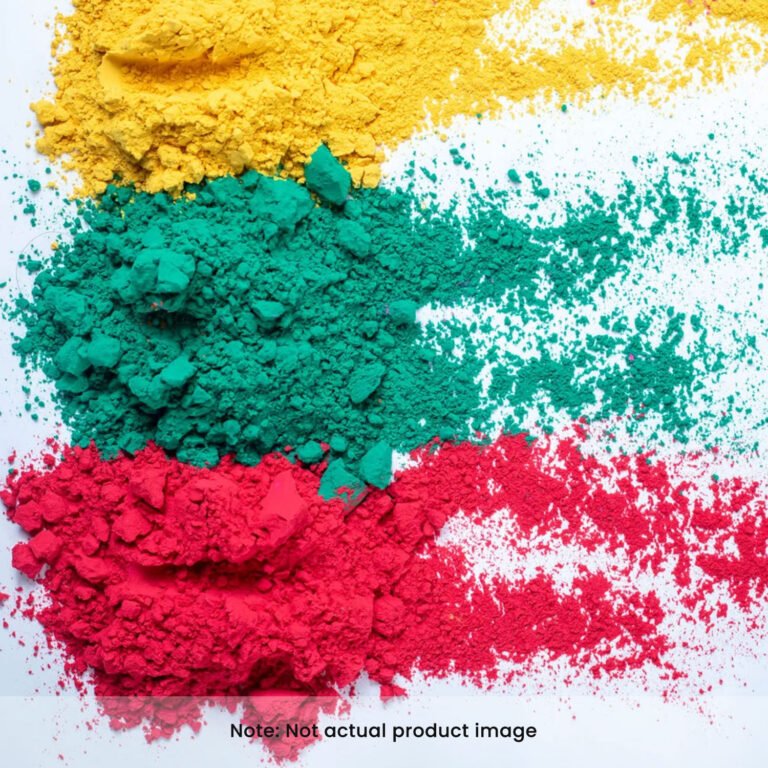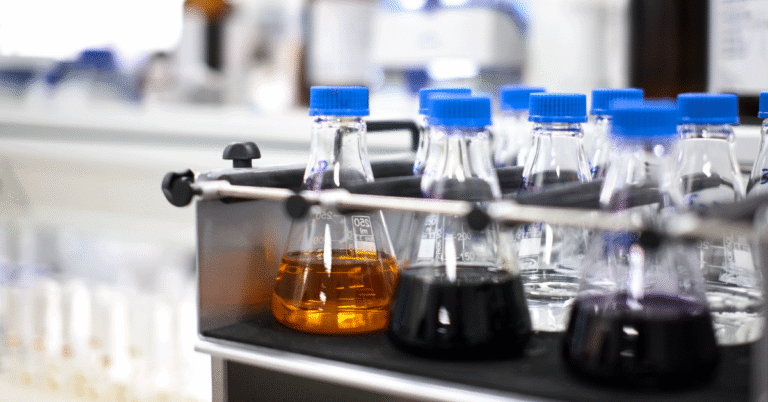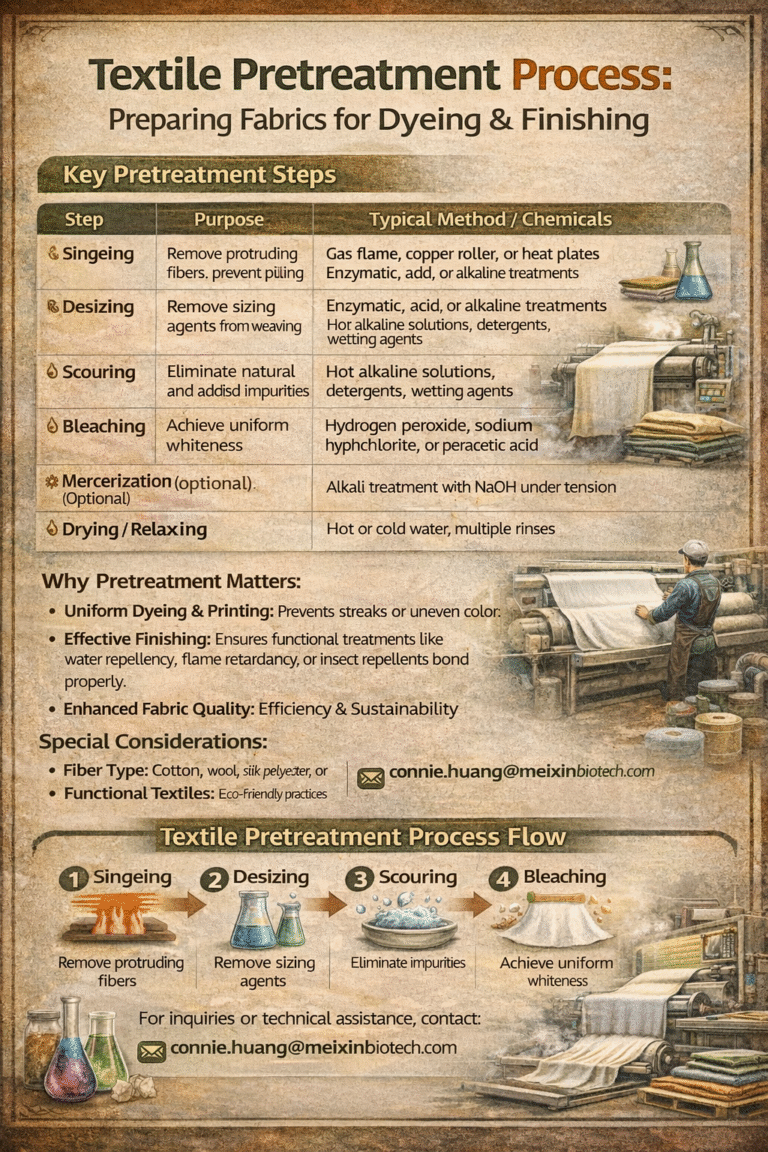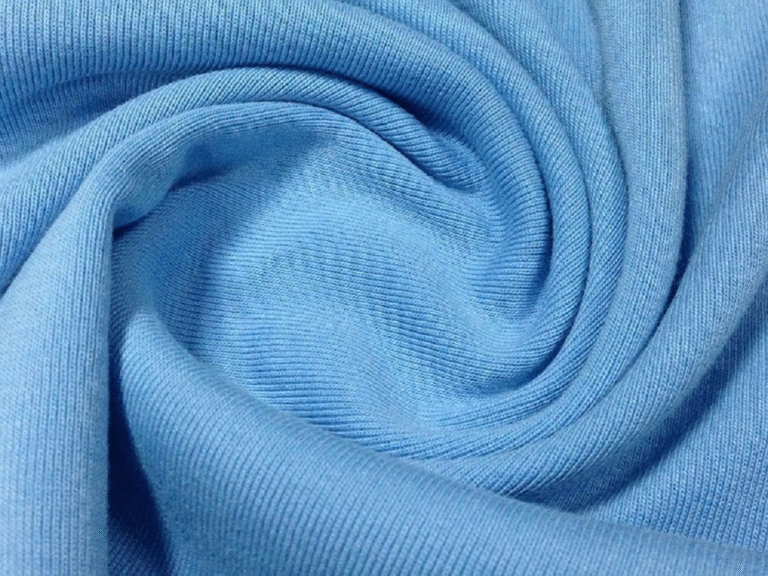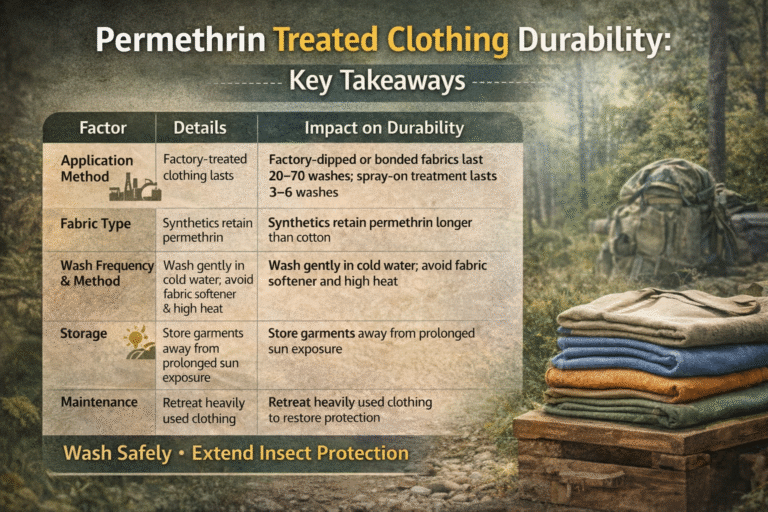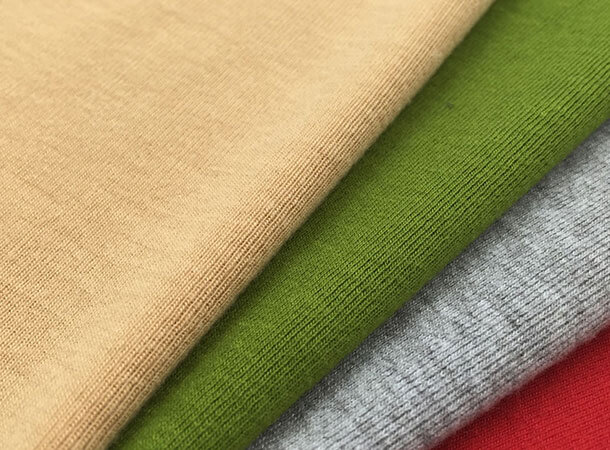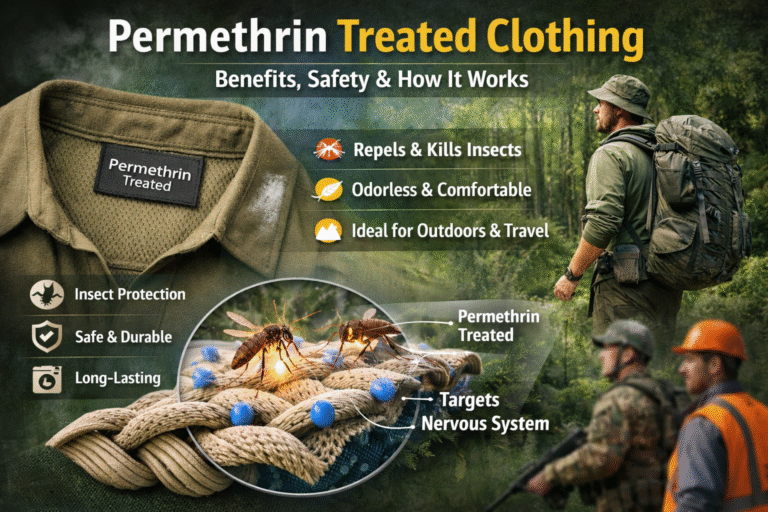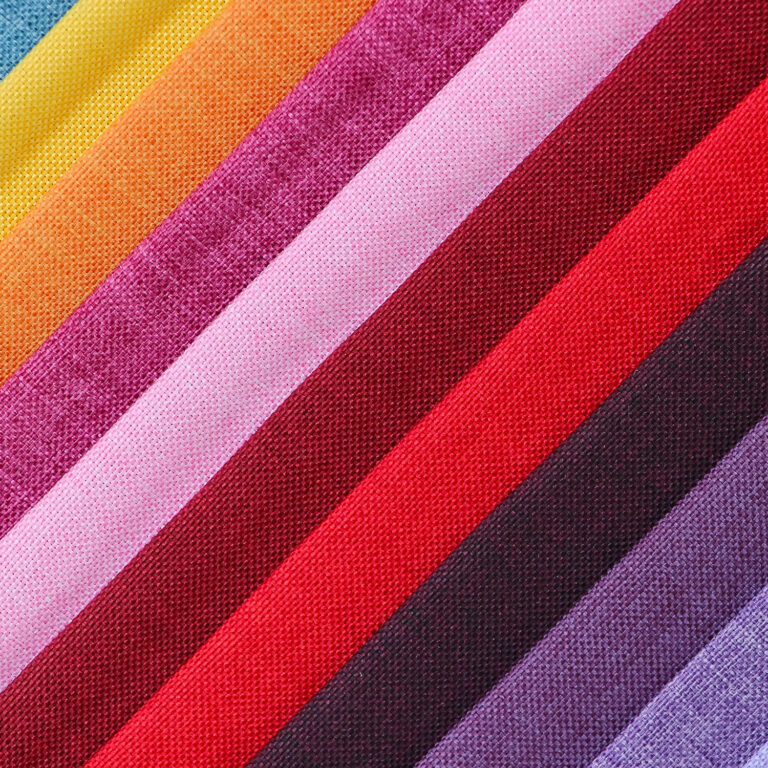Choosing the right silicone softener is vital for textile manufacturers aiming to improve fabric softness, durability, and processing efficiency. However, finding a reliable supplier who offers consistent quality, technical support, and competitive pricing can be challenging. This 2025 guide provides insights on where to buy high-quality silicone softeners for textiles and what to consider when selecting your supplier.
1. Source from Established Chemical Manufacturers
Opt for suppliers with proven expertise in textile auxiliaries and silicone chemistry. Established manufacturers often provide stable product quality, comprehensive technical documentation, and customization options tailored to your fabric types and production needs.
2. Verify Product Certifications and Quality Standards
Look for suppliers whose products meet international quality standards such as ISO certifications and environmental compliance (e.g., REACH, RoHS). High-quality silicone softeners should also come with detailed technical data sheets, safety data sheets, and performance test reports.
3. Consider OEM and Custom Formulation Services
Textile finishing requirements vary widely. Trusted suppliers like Meixin Biotech Co., Ltd. offer OEM services and custom formulation to help manufacturers optimize softness, durability, and process compatibility.
4. Check Supplier’s Technical Support and After-Sales Service
Reliable suppliers provide ongoing technical assistance, training, and problem-solving support. Ensure your supplier can help troubleshoot application challenges and offer advice for process optimization.
5. Purchase from Verified Online Marketplaces or Directly from Manufacturers
While online marketplaces offer convenience, buying directly from manufacturers or their authorized distributors can ensure authenticity and better pricing. Visiting trade fairs and industry exhibitions is also a great way to meet suppliers and evaluate products firsthand.
Why Choose Meixin Biotech?
Based in Zhongshan, Guangdong, Meixin Biotech Co., Ltd. specializes in silicone softeners for textiles, offering a wide range of products including beads, flakes, and emulsions. With over 15 years of experience, we provide customized solutions, reliable supply chains, and expert technical support to apparel factories and textile mills worldwide.
Contact us today:
connie.huang@meixinbiotech.com
Softening Auxiliaries Articles
How Fabric Softener Flakes Improve Hand Feel in Garment Finishing
Silicone Softener Beads vs. Emulsions: Pros and Cons for Textile Finishing
Softergent Flakes vs. Liquid Softeners: Which Should You Use?
Top 5 Applications of Silicone-Based Softeners in Modern Textile Processing
How Silicone Softening Beads Improve Fabric Feel and Process Efficiency
Silicone Fabric Softener vs. Traditional Softeners: Which Is Better?
What Is a Silicone Softener for Textiles? Benefits, Types & Applications
Understanding Fabric Softener Flakes: Types, Usage & Key Advantages
Does Silicone Softener Affect Color Fastness? Application Tips for Garment Dyeing
How to Apply Silicone Fabric Softeners in Dyeing & Finishing Processes
Where to Buy High-Quality Silicone Softener for Textiles (2025 Guide)
How to Choose the Right Silicone Fabric Softener for Cotton, Polyester & Blends
Top Exporters & Manufacturers of Silicone Softening Beads in China
Understanding Fabric Softener Flakes and Their Role in Textile Care
Is Bead-Type Softener Suitable for Export? 5 Key Questions + Packaging, Storage & Transport Tips
5 Key Questions to Ask Before Buying Silicone Softeners for Garment Production
How High-Concentration Softeners Help Garment Factories Reduce Production Costs
Bead vs. Liquid Silicone Softeners: Which Is Better for Mass Fabric Processing?
Eco-Friendly Silicone Fabric Softeners: Are They Worth the Switch?
FAQs About Silicone Softener for Textiles: Everything Importers Need to Know

